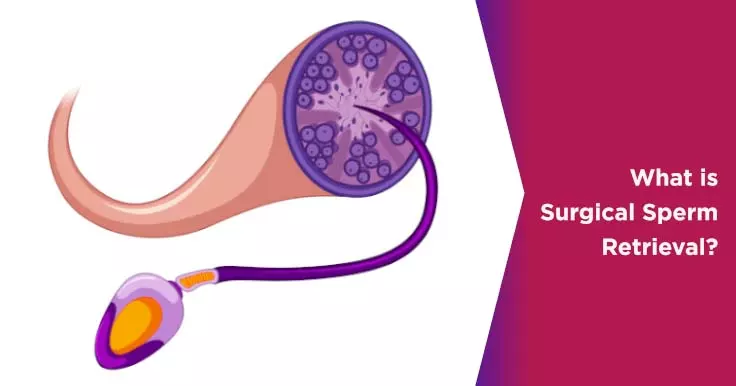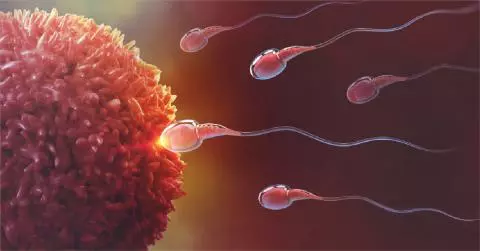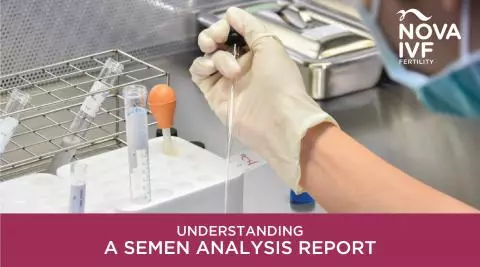When is this Procedure Recommended?
This procedure is usually performed when a couple wants to get pregnant but is unable to do so naturally. This procedure may be recommended if a man has little or no sperm in his semen because of:
- The absence of vas deferens
- A blockage in the vas deferens
- Testicular disorders that prevent sperm from reaching the semen
The sperm harvested in this way may be used for In vitro fertilization (IVF) or an Intracytoplasmic sperm injection (ICSI).
How is a Surgical Sperm Retrieval Procedure Performed?
There are two ways this procedure may be performed:
- Percutaneous Epididymal Sperm Aspiration (PESA) - This is a procedure that involves the harvesting of sperm directly from the epididymis by inserting a fine needle through the scrotum into the epididymis. A PESA procedure may be performed while the patient is under general anaesthesia or sedated with pain relief medication.
- Testicular Sperm Aspiration (TESA) - In this case, a fine needle is inserted into the testicles to extract sperm. The sperm extracted in this way may be used for an Intracytoplasmic sperm injection or frozen to be used for IVF later. This sperm may be used any time within the next ten years.
Tests to be performed before a Surgical Sperm Retrieval
Before the procedure, there are a few tests that may be required such as:
- Hormone tests - This test measures the levels of FSH, LH and Testosterone in the patient’s blood.
- Physical examination - A physical examination can check for conditions such as an absence of vas deferens and the size of the testicles.
- Chromosome analysis - Chromosomal abnormalities will be checked for as they can cause trouble with sperm production.
- Cystic Fibrosis testing - This is a test that checks for a genetic mutation that can cause cystic fibrosis. This is a rare gene that is usually seen in men with an absent vas deferens. If the gene is present in the man, the woman will also be tested. Treatment may continue only if her test has a negative result.
In addition, if the sperm is intended to be frozen for later use, the eggs will also be screened for HIV and Hepatitis.
 Infertility Counselling
Infertility Counselling Female Infertility Treatment
Female Infertility Treatment Andrology Treatment
Andrology Treatment Fertility Enhancing Surgeries - Female
Fertility Enhancing Surgeries - Female Fertility Enhancing Surgeries - Male
Fertility Enhancing Surgeries - Male Endoscopy Treatment
Endoscopy Treatment IUI Treatment
IUI Treatment IVF Treatment
IVF Treatment ICSI Treatment
ICSI Treatment Advanced IVF Solutions
Advanced IVF Solutions Embryology
Embryology Vitrification Egg, Embryo, Sperm Freezing
Vitrification Egg, Embryo, Sperm Freezing Preimplantation Genetic Testing (PGT)
Preimplantation Genetic Testing (PGT) Donation Program Embryo / Egg / Sperm
Donation Program Embryo / Egg / Sperm Self Cycle IVF
Self Cycle IVF













